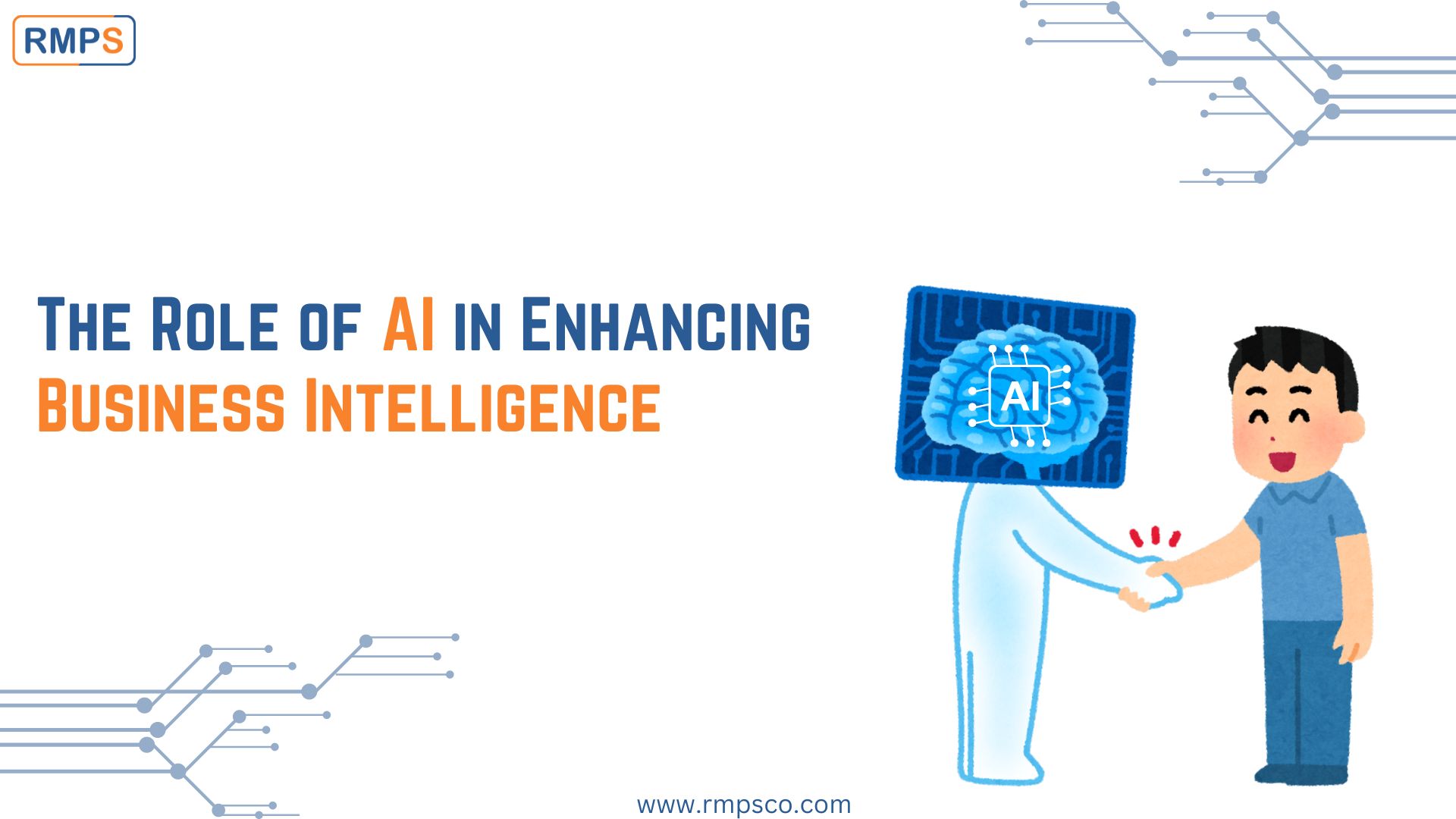
The advent of Artificial Intelligence (AI) has revolutionized various industries, and its impact on data interpretation is particularly profound. AI’s ability to analyse and interpret vast amounts of data quickly and accurately is transforming how businesses, researchers, and policymakers make decisions. Here’s how AI is reshaping the field of data interpretation:
1. Speed and Efficiency
One of the most significant advantages of AI in business and data interpretation is its speed. AI algorithms can process and analyse large datasets in a fraction of the time it would take a human. This rapid analysis allows organizations to respond to trends and insights in real-time, making timely and informed decisions.
2. Improved Accuracy
AI in business systems are designed to minimize human error, ensuring that data interpretation is as accurate as possible. These systems use complex algorithms and machine learning techniques to detect patterns and anomalies in data that might be overlooked by human analysts. This leads to more reliable and precise insights.
3. Handling Complex Data
Modern data is often complex and unstructured, coming from various sources like social media, sensors, and transactional databases. AI excels in handling this complexity, capable of interpreting data in multiple formats and from diverse sources. This ability enables a comprehensive understanding of multifaceted issues.
4. Predictive Analytics.
AI’s predictive capabilities are one of its most powerful features. By analysing historical data, AI can forecast future trends and outcomes with high accuracy. This predictive power is invaluable in fields like finance, healthcare, and marketing, where anticipating future events can significantly impact strategy and operations.
5. Natural Language Processing (NLP)
AI’s Natural Language Processing (NLP) allows it to interpret and analyse human language. This capability is particularly useful in fields such as customer service, where AI can analyse customer feedback, reviews, and queries to extract meaningful insights and improve service delivery.
6. Personalization
In marketing and customer service, AI can interpret data to provide personalized experiences for users. By analysing user behaviour and preferences, AI can tailor recommendations, content, and interactions to individual needs, enhancing customer satisfaction and engagement.
7. Enhanced Decision-Making
AI’s ability to interpret data and provide actionable insights enhances decision-making across all levels of an organization. Executives can leverage AI-driven insights to formulate strategic plans, while operational managers can use real-time data to optimize day-to-day activities.
8. Continuous Learning and Adaptation
AI in business systems are designed to learn and adapt over time. As they process more data, they become more adept at interpreting it, continually improving their accuracy and relevance. This continuous learning ensures that AI remains a valuable tool for data interpretation in an ever-evolving landscape.
9. Scalability
AI in business systems can scale their data interpretation capabilities to handle growing amounts of data without a loss in performance. This scalability is crucial for businesses experiencing rapid growth or those operating in data-intensive industries.
10. Cost Efficiency
Automating data interpretation with AI can lead to significant cost savings. It reduces the need for large teams of analysts, minimizes errors that can lead to costly corrections, and allows for more efficient resource allocation.
Conclusion:
The integration of AI in data interpretation is a transformative development, enabling organizations to extract deeper and more accurate insights from their data. From improved accuracy and speed to predictive analytics and personalization, AI offers a range of benefits that enhance decision-making and operational efficiency. As AI continues to evolve, its role in data interpretation will undoubtedly expand, offering even more sophisticated tools and techniques for turning data into actionable insights.
Ai Extensive : www.aiextensive.com
This article is only a knowledge-sharing initiative and is based on the Relevant Provisions as applicable and as per the information existing at the time of the preparation. In no event, RMPS & Co. or the Author or any other persons be liable for any direct and indirect result from this Article or any inadvertent omission of the provisions, update, etc if any.
Published on: July 18, 2024
